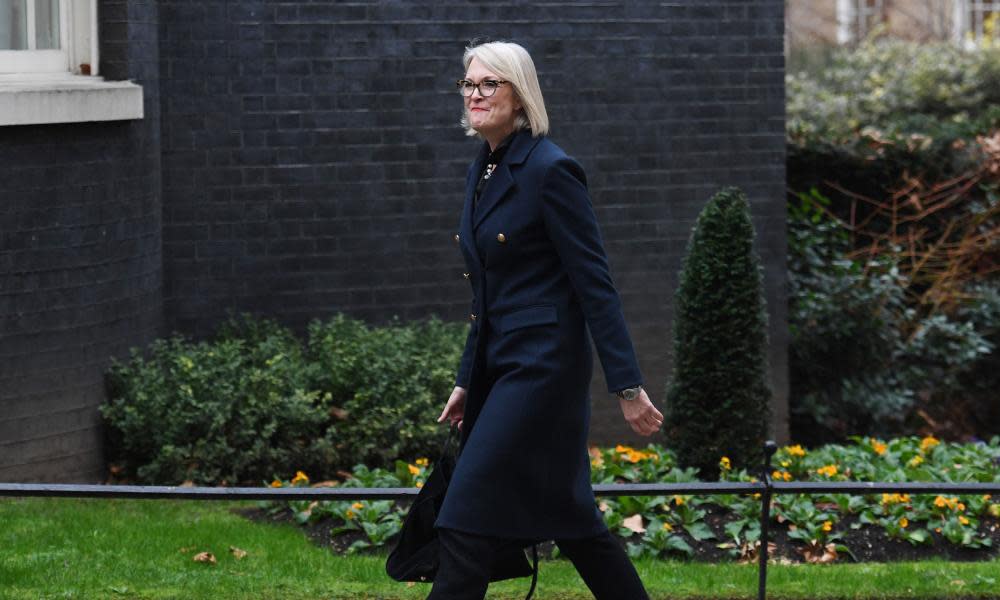BBC says Amazon and Netflix may get surplus rural broadband funds

Private media firms such as Netflix and Amazon could be subsidised with public money originally taken from the BBC’s budget to pay for rural broadband, the public broadcaster has claimed.
The government finalised plans for the scheme’s £60m surplus to be handed to private production companies on Friday. The money is intended to help with the production of children’s TV, programming in the UK’s indigenous languages and commercial radio.
Ministers say the new “contestable” fund, with broadcasters and producers invited to bid for cash, is necessary because investment in children’s television by public service broadcasters has fallen by 40% since 2006 and today’s offerings are primarily repeats.
Many commercial radio stations are also in need of financial help, while indigenous UK languages programming could use a “welcome boost” of £3m, the government said.
But a BBC spokesperson warned that the fund risked amounting to a public subsidy for private enterprise.
“We’re in favour of a wide variety of children’s programming being made in the UK. However, we worry that this scheme will use licence fee payers’ money ultimately to subsidise big global media companies such as Netflix and Amazon, without addressing issues parents care about like online safety,” the BBC said.
“Commercial radio has never been healthier and is set to benefit from further deregulation. It is not clear that the case for public subsidy, rather than market solutions, has been made – or indeed properly debated.
“There is little evidence schemes such as this are successful elsewhere and, whatever happens, money should never be taken from the BBC’s budget to fund the scheme on an ongoing basis.”
The government had said that £60m of the money originally taken from the BBC to pay for the broadband rollout could be redirected to the new three-year fund.
The digital minister, Margot James, said it would be used to produce “high-quality content that entertains, informs and reflects [young people’s] experiences growing up across the country today”.
She said: “The UK broadcasting and production sectors are world renowned, and a success story to be proud of. This innovative project is an instrumental part of our support for the UK’s vibrant media sector and will help it continue to go from strength to strength.”
However, in an article for the Evening Standard this week, the Conservative former culture minister Ed Vaizey said he thought the contestable fund would prove to be a mistake. “This kind of fund has not been successful elsewhere, and I have severe doubts that this £60m will end up being money well spent.”

 Yahoo News
Yahoo News 
